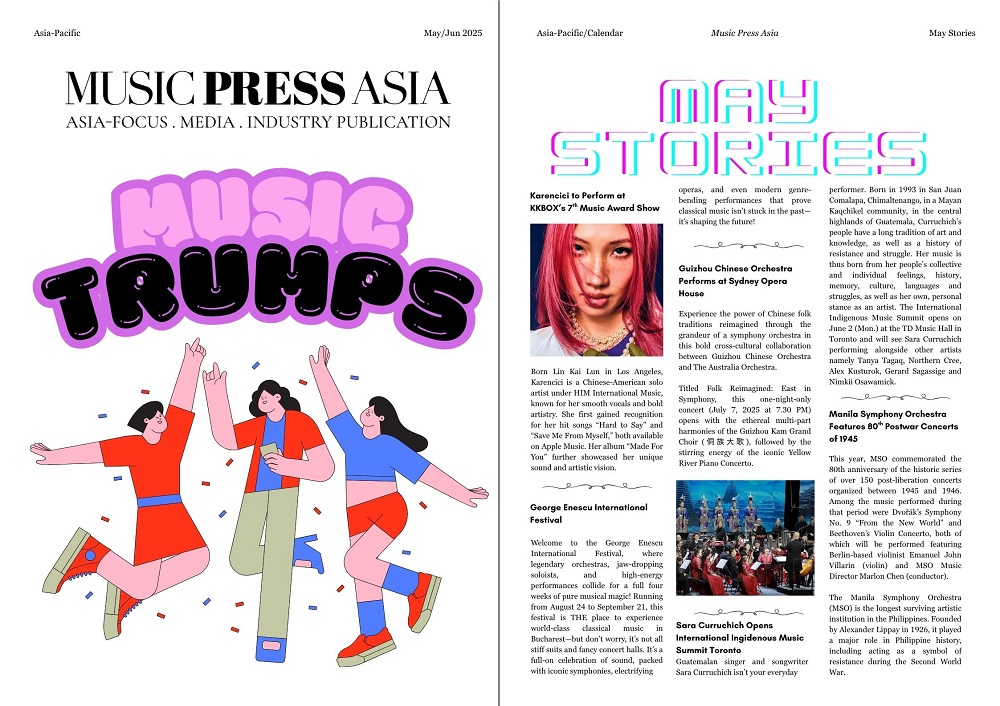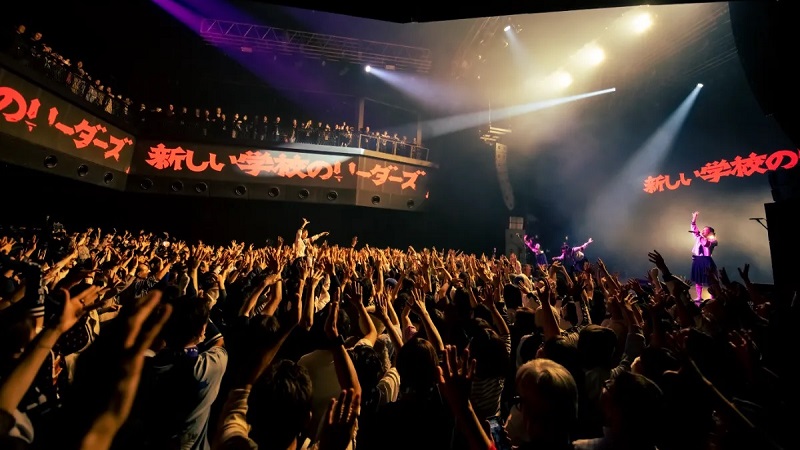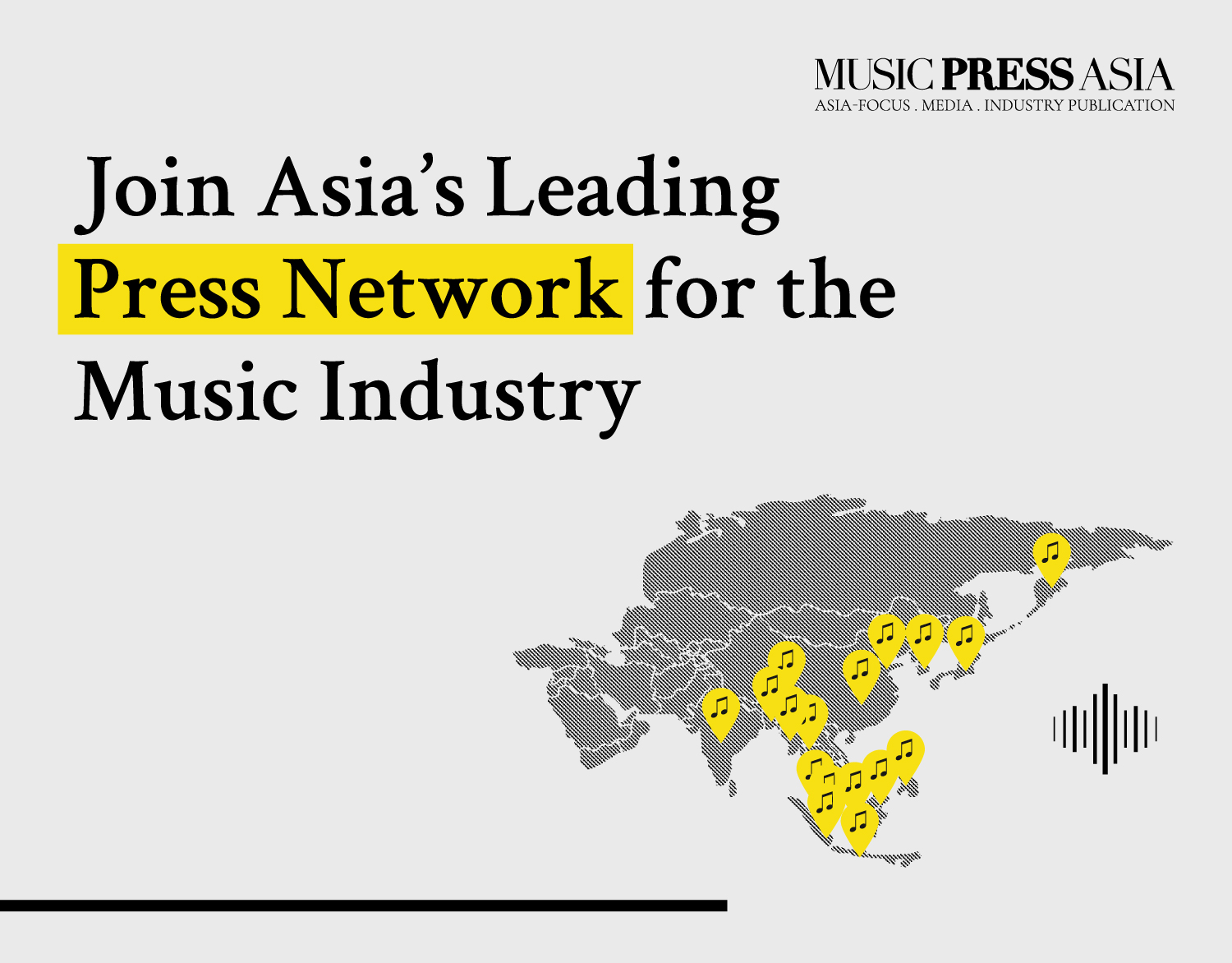Global Record Labels Step Towards Calculating Industry’s Carbon Emission
Universal, Sony and Warner forms Music Industry Climate Collective (MICC). Takes first step in calculating carbon emissions within its industry to address climate challenges and changes.
Universal, Sony and Warner forms Music Industry Climate Collective (MICC). Takes first step in calculating carbon emissions within its industry to address climate challenges and changes.
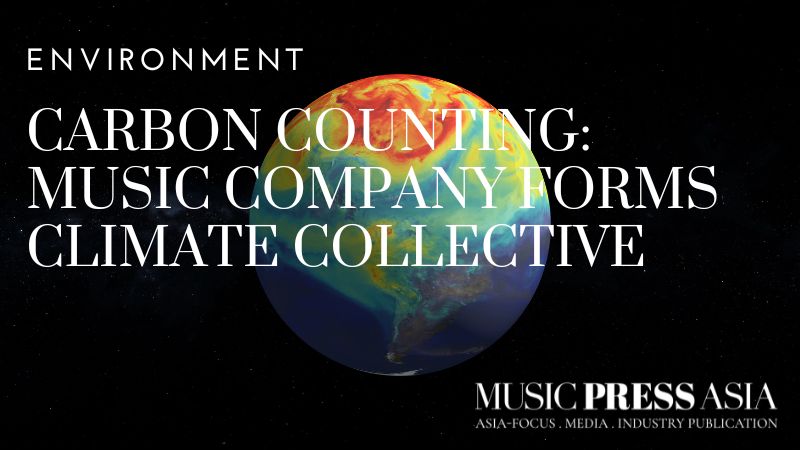
How can the music industry tackle climate changes and challenges?
Recently, ahead of the United Nations Climate Change Conference in Dubai, Sony Music, Universal Music Group and Warner Music Group have announced the creation of the Music Industry Climate Collective (MICC).
This alliance will see them work towards just that.
When it comes to climate change and business, there’s some terminology to get your head around.
Much like learning a new language, greenhouse gas emissions are now considered either “direct” or “indirect” emissions. And are now categorized into three groups or “scopes” by international and national carbon accounting standards.

The vast majority of greenhouse gas (GHG) emissions – identified within the music sector – are within scope 3, defined as “emissions that are not produced by the company itself and are not the result of activities from assets owned or controlled by them, but by those that it’s indirectly responsible for up and down its value chain.”
But what does that mean exactly?
According to WorkforClimate, Scope 3 examples are:
- employee business travel in transport not owned by the company (like flying on a commercial airline)
- employees commuting to and from work
- the extraction and production of purchased materials
- transportation of purchased fuels
- transportation and use of sold products, and
- transport and disposal of waste.
Because of their nature, scope 3 emissions can be harder to track, but there are experts and consultants who can help your company measure and report on all three categories of emissions.
Measuring carbon emissions
For companies that are required to report under this scheme, emissions reports must be submitted each year. This reporting includes carbon dioxide (CO2), methane (CH4), nitrous oxide (N2O), sulphur hexafluoride (SF6) and certain types of hydrofluorocarbons and perfluorocarbons.
According to their latest news, MICC’s members have already worked with scientific experts on their first draft of the sectoral guidance, which will be made available to industry participants.
MICC’s members have also initiated calls for wider industry input through an advisory council composed of independent record labels, value chain partners, and climate experts. The guidance will be further developed through an inclusive, multi-stakeholder process.
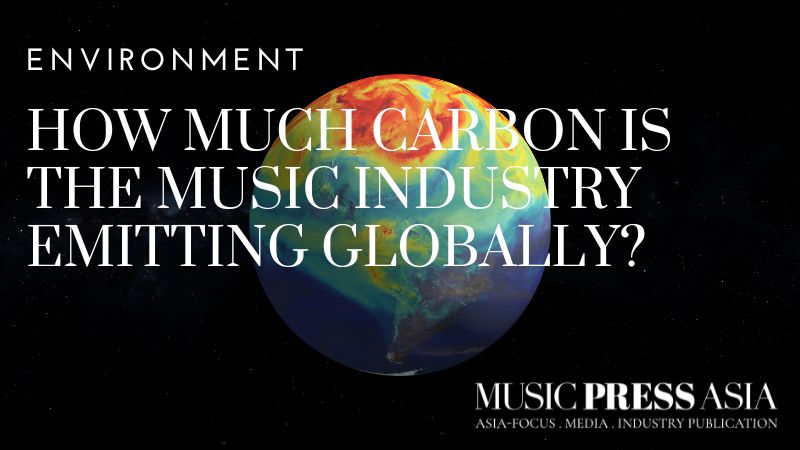
The American Association of Independent Music, a non-profit trade organization representing more than 600 independently owned U.S. record labels, will serve as an advisor to the MICC. A2IM will assist in myriad ways, initially with recommendations on how best to include small-to-medium-sized businesses in this initiative.
“This initiative demonstrates what can be achieved when music leaders come together with a shared vision and commitment to sustainability,” the MICC’s founding members say in a group statement. “We are proud to collaborate to amplify environmental stewardship and offer practical recommendations and strategies tailored to the unique needs of music companies, regardless of their size or scale of operations.

“Together, we must continue to make progress on this vital priority,” the statement continues. “We welcome all to join us in reducing our industry’s carbon footprint by working together to ensure an environmentally responsible future for music and our planet.”
2023 is on track to be the hottest year on record, with many concerts and festivals affected by climate change since the start of the year.
If Music Press Asia is to follow Scope 3 emissions, we seem to be on a healthy baseline if we limit flying.
While many festivals and conferences will increasingly multiply in 2024, Music Press Asia’s staff are collectively choosing to stay on the ground. However, this does not mean we are no longer attending events. In the next few years, the plan to recruit regional and even local editors and contributors in Asia-Pacific means less carbon emission. With staff already working remotely, there will be no commute to and from work for most of us, therefore slicing transportation costs close to zero.
Write us a feedback via letters@musicpressasia.com


